Questions as the Bank of England publishes its pandemic bailout list
Links on Head for Points may support the site by paying a commission. See here for all partner links.
The Bank of England has published the list of businesses which have received a taxpayer-funded bailout under the UK Government’s Coronavirus Corporate Finance Facility (CCFF).
This is the list of companies who have applied for AND DRAWN funding from CCFF. It does not include, for example, Jet2 which we know has applied and been accepted but has not yet asked for the money to be paid.
easyJet, Ireland’s Ryanair and, erm, Hungary’s Wizz Air are on the list as you can see, as is British Airways.
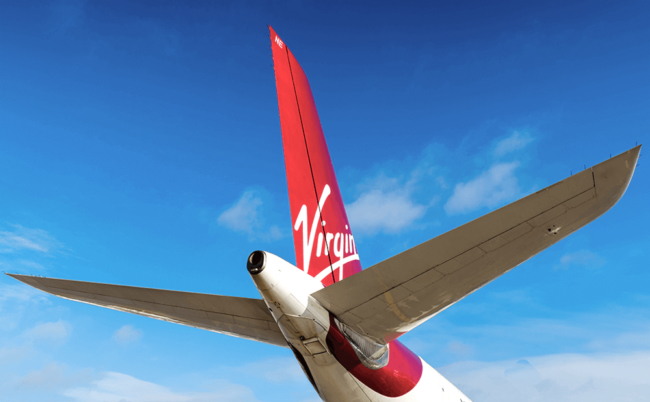
(Before we go on, I accept that not everyone defines taking CCFF money as a ‘bailout’. That’s up to you. It depends if you see lending up to £1 billion of taxpayers money to struggling companies, with no security, for as little as 0.2% interest as a ‘bailout’ or not.)
The reason I am looking at this is because of the inconsistencies in the Virgin Atlantic and British Airways positions.
Let’s look at Virgin Atlantic first.
Virgin Atlantic is unable to access the CCFF for technical reasons. There are rules about how your existing debt should be structured and Virgin Atlantic does not meet those requirements. This is despite the fact that the company is hampered by Government restrictions – most recently the new quarantine requirements – which stop it trading as it would like.
You may or may not feel that Virgin Atlantic should receive a virtually interest free loan from the UK Government. However, let’s look at some of the companies which HAVE been given your money via the CCFF – is Virgin Atlantic any less deserving than any of these?
BASF – German chemicals group employing just 800 people in the UK – £1 billion, which is being used to part-fund a €3 billion dividend payment to shareholders on 23rd June
Bayer – German pharmaceutical group – £600 million, which was used to part-fund a €2.6 billion dividend payment to shareholders on 4th May
Chanel – French maker of luxury goods – £600 million
CNH Industrial – an Italian / Dutch / US maker of agricultural machinery which is UK-domiciled for tax only – £600 million
Tottenham Hotspur – £175 million
The full list also includes Burberry and shopping centre owner Westfield. It’s hard not to feel sorry for Virgin Atlantic, its employees and its suppliers when you see so much taxpayer money being handed out to companies with few (in some case virtually no) UK employees or activities.
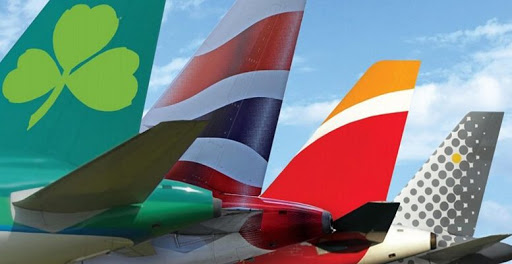
The British Airways position is confusing too ….
There is something odd, on the face of it, about the way that British Airways is included on this list.
On 7th May, when BA’s parent IAG published its 1st Quarter results, it was announced that it had taken £300 million from the Coronavirus Corporate Finance Facility.
It was vague about which group entity had taken this money. We assumed that it was IAG at the parent company level. British Airways has been constantly pushing the fact that it is refusing to take Government money and so must force through its redundancy programme, including cuts in pay and conditions for those staff who remain.
Even the Bank of England is being vague about who actually took the money. The spreadsheet released shows that £300 million was taken by:
“British Airways PLC (International Airways Group PLC)”
This is as clear as mud. Was it BA that took the £300m? Or was it International Airways Group PLC?
International Airways Group PLC doesn’t even exist. The immediate and ultimate parent company of British Airways plc is International Consolidated Airlines Group S.A, which is incorporated in Spain. On the balance of probability, it does seem that it was British Airways plc that took the £300 million.
PS. If you are not a regular Head for Points visitor, why not sign up for our FREE weekly or daily newsletters? They are full of the latest Avios, airline, hotel and credit card points news and will help you travel better. To join our 70,000 free subscribers, click the button below or visit this page of the site to find out more. Thank you.
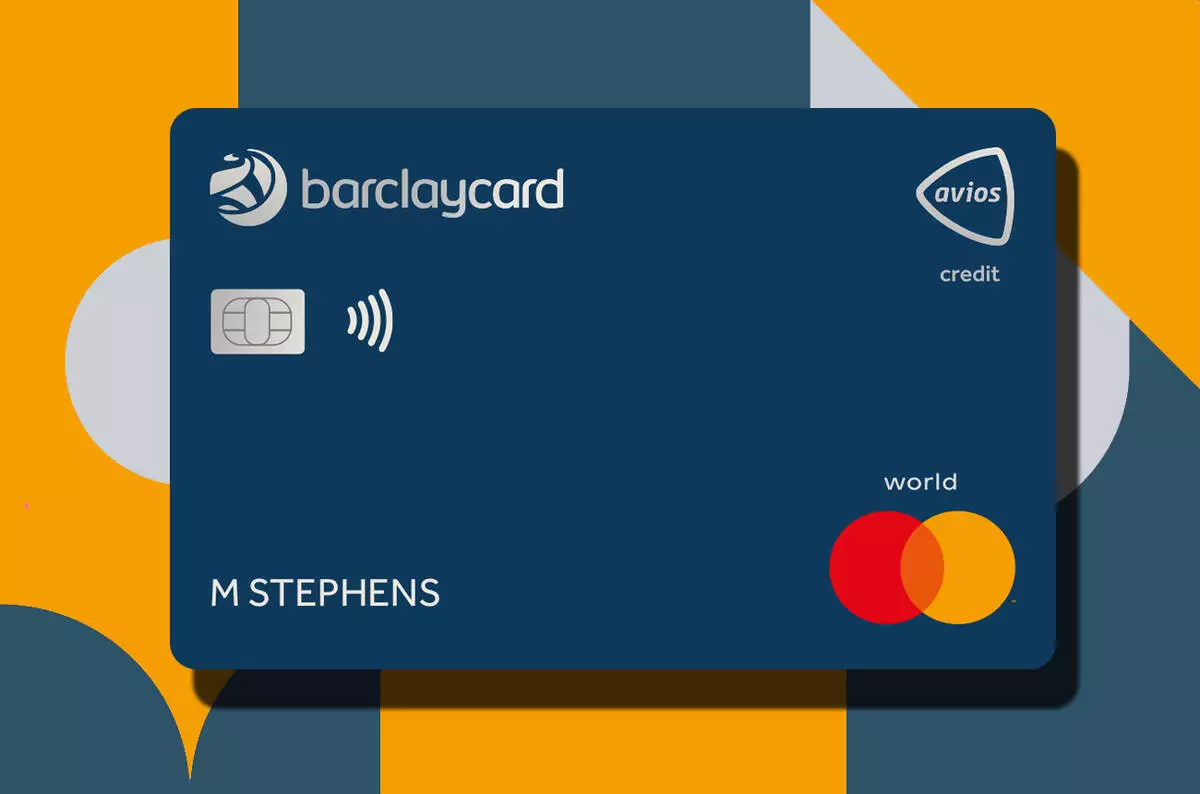
How to earn Avios from UK credit cards (July 2025)
As a reminder, there are various ways of earning Avios points from UK credit cards. Many cards also have generous sign-up bonuses!
In February 2022, Barclaycard launched two exciting new Barclaycard Avios Mastercard cards with a bonus of up to 25,000 Avios. You can apply here.
You qualify for the bonus on these cards even if you have a British Airways American Express card:

Barclaycard Avios Plus Mastercard
Get 25,000 Avios for signing up and an upgrade voucher at £10,000 Read our full review

Barclaycard Avios Mastercard
Get 5,000 Avios for signing up and an upgrade voucher at £20,000 Read our full review
There are two official British Airways American Express cards with attractive sign-up bonuses:

British Airways American Express Premium Plus Card
30,000 Avios and the famous annual Companion Voucher voucher Read our full review
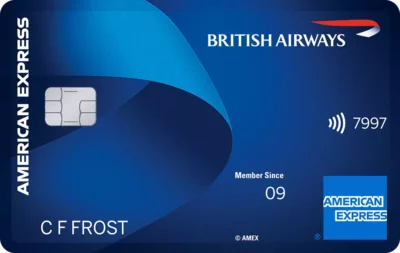
British Airways American Express Credit Card
5,000 Avios for signing up and an Economy 2-4-1 voucher for spending £15,000 Read our full review
You can also get generous sign-up bonuses by applying for American Express cards which earn Membership Rewards points. These points convert at 1:1 into Avios.

American Express Preferred Rewards Gold Credit Card
Your best beginner’s card – 20,000 points, FREE for a year & four airport lounge passes Read our full review

The Platinum Card from American Express
50,000 bonus points and great travel benefits – for a large fee Read our full review
Run your own business?
We recommend Capital on Tap for limited companies. You earn points worth 0.8 Avios per £1 on the FREE standard card and 1 Avios per £1 on the Pro card. Capital on Tap cards also have no FX fees.

Capital on Tap Visa
NO annual fee, NO FX fees and points worth 0.8 Avios per £1 Read our full review

Capital on Tap Pro Visa
10,500 points (=10,500 Avios) plus good benefits Read our full review
There is also a British Airways American Express card for small businesses:
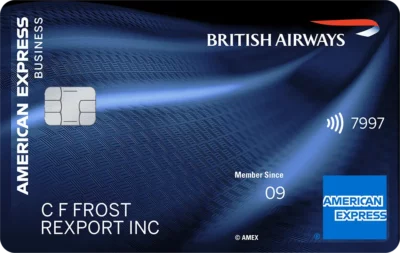
British Airways American Express Accelerating Business Card
30,000 Avios sign-up bonus – plus annual bonuses of up to 30,000 Avios Read our full review
There are also generous bonuses on the two American Express Business cards, with the points converting at 1:1 into Avios. These cards are open to sole traders as well as limited companies.

The American Express Business Platinum Card
50,000 points when you sign-up and an annual £200 Amex Travel credit Read our full review

The American Express Business Gold Card
20,000 points sign-up bonus and FREE for a year Read our full review
Click here to read our detailed summary of all UK credit cards which earn Avios. This includes both personal and small business cards.



 Rob
Rob 





Comments (91)